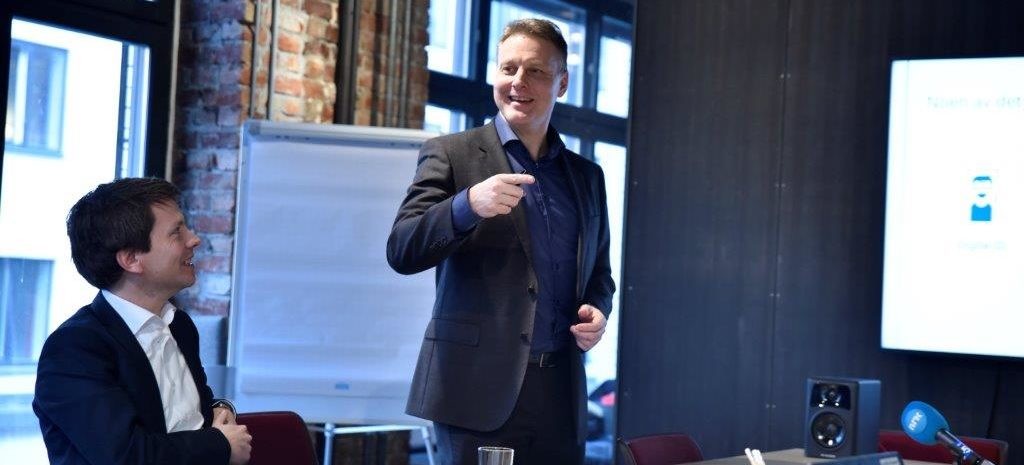New development strategy
For the first time in 14 years, the UK government has launched a comprehensive new development policy strategy. Fighting poverty and the climate is critical. – There is a lack of money, critics say.
The UK’s development agency, DFID, was merged with the Ministry of Foreign Affairs, almost simultaneously with aid drastically cut from 0.7 percent to 0.5 percent of gross national income (GNI) in 2021.
More than NOK 40 billion is missing from aid programs worldwide.
The new strategy (“White Paper”) published last week does not promise new public funding.
Like Norway’s development policy, the UK bases its efforts on achieving UN sustainability goals.
It is unequivocally stated that the aims of the UK’s international development work are:
- To end extreme poverty in the world
- Fight climate change and biodiversity loss
Prioritize the poorest groups
The strategy requires the UK to spend 50 percent of bilateral aid (ODA) and 0.2 percent of gross national income on the world’s poorest countries.
The UK Development Minister, Andrew Mitchell, acknowledged that public funding was far from sufficient and new funding mechanisms were essential.
At the same time, London must help poor countries manage the debt crisis. The strategy states that the UK will “achieve its development goals by leveraging the country’s core strengths in science and technology, as a global financial center and through extensive diplomatic networks.”
Not brave enough
Researchers at the renowned British think tank Chatham House believe that this new strategy is “good start, but need to be braver”.
– Overall spending on core areas must be predictable and the UK must no longer be in a situation where commitments to individual countries are cut quickly for budgetary reasons, write Creon Butller and Olivia O’Sullivan in Chatham House. They also believe that the strategy is not clear enough in several areas:
- About how the country will act in a situation where aid recipients adopt policies that conflict with fundamental British values.
- Regarding development cooperation with China.
- On protecting developing countries from corruption and weak governance in relation to large money transfers linked to climate finance, and the development of new industries for the extraction and production of critical minerals.
Global inequality
Aid organization Oxfam supports the UK government’s pledge to once again prioritize development.
– But without realistic new sources of funding for poverty alleviation, we will not be able to achieve that goal, said Katy Chakraborty, Oxfam’s head of policy and decision-making.
He believes that the main weakness of this strategy is that it does not recognize the enormous global disparities that mean the UN’s sustainability goals are still far from being achieved.
– The solution must fit the scope of the problem, said
Chakraborty in a statement.
He points out that the government’s enthusiasm for private funding for development initiatives does not match reality – private funding is not yet available to developing countries on a large scale.
– If the government is serious about eradicating extreme poverty and tackling climate change, it must get to the root causes of global inequality and find ways to raise funds from those who have the most and the most damage, Chakraborty said.

“Music maven. Evil pop culture lover. Unapologetic creator. Friend of animals everywhere.”






